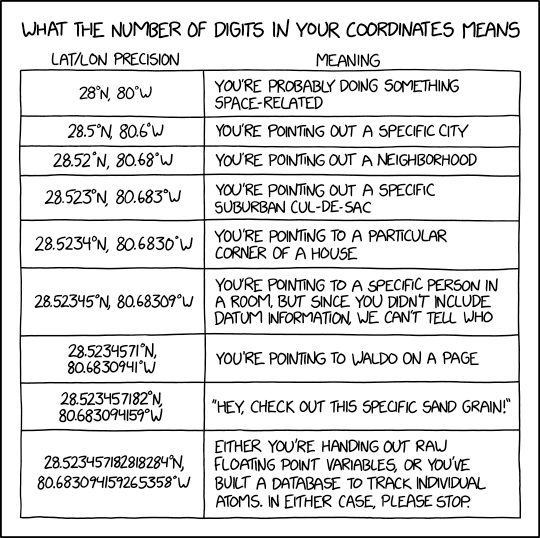As per the multiply docs (https://v2.dinerojs.com/docs/api/mutations/multiply)
If you need to multiply by a fractional multiplier, you shouldn't use floats, but scaled amounts instead. For example, instead of passing 2.1, you should pass { amount: 21, scale: 1 }. When using scaled amounts, the function converts the returned objects to the safest scale.
You cannot provide a floating point number as an argument to multiply, only integers. So, the literal "correct" way for your code snippet is:
multiply(
dinero({ amount: distanceRateInCents, currency: USD }),
{ amount: 20659309759999998, scale: 16 }
)And, the result of toDecimal on that number is: 1.156921346560000000.
But, per this example, what are you intending to measure? From the code, I am guessing you're attempting to price distance travelled, with each mile costing 56 cents. However, how do you want to round your numbers? Are you wishing for the result to be 56 cents per mile, rounded to the nearest cent? If so, rounding up, or rounding down? Do you really have a mile measurement accurate to 16 decimal places?
If I were in your shoes, I probably would write a function that performs reasonable rounding.
const calculateTripCost = (milesTravelled: number, centsPerMile: number): Dinero<number> => {
// Simple check to see if a value is an integer
if (Math.floor(centsPerMile) !== Math.ceil(centsPerMile)) {
throw new Error('Please provide cents per mile as an integer');
}
const mileRate = dinero({ amount: centsPerMile, currency: USD });
// Measure miles travelled to 6 decimal places, rounded.
const milesInt = Math.round(milesTravelled * (1e6));
const estCost = multiply(mileRate, { amount: milesInt, scale: 6 });
// Normalise back to whole cents. This rounds using banker's rounding, but you can
// supply a custom divide function to handle rounding.
// See additional info on transformScale here:
// https://v2.dinerojs.com/docs/api/conversions/transform-scale
return transformScale(estCost, /*scale*/ 2, /*rounding mode*/ halfEven);
};For the same input values, invoking toDecimal(calculateTripCost(distanceInMiles, distanceRateInCents)) returns 1.16. Probably what you want.

Is there an existing issue for this?
Current behavior
The following implementation is triggering an error. Is it possible to multiply by a decimal number?
Expected behavior
it should not throw an error
Steps to reproduce
node environment
Version
2.0.0-alpha
Environment
node js
Code of Conduct